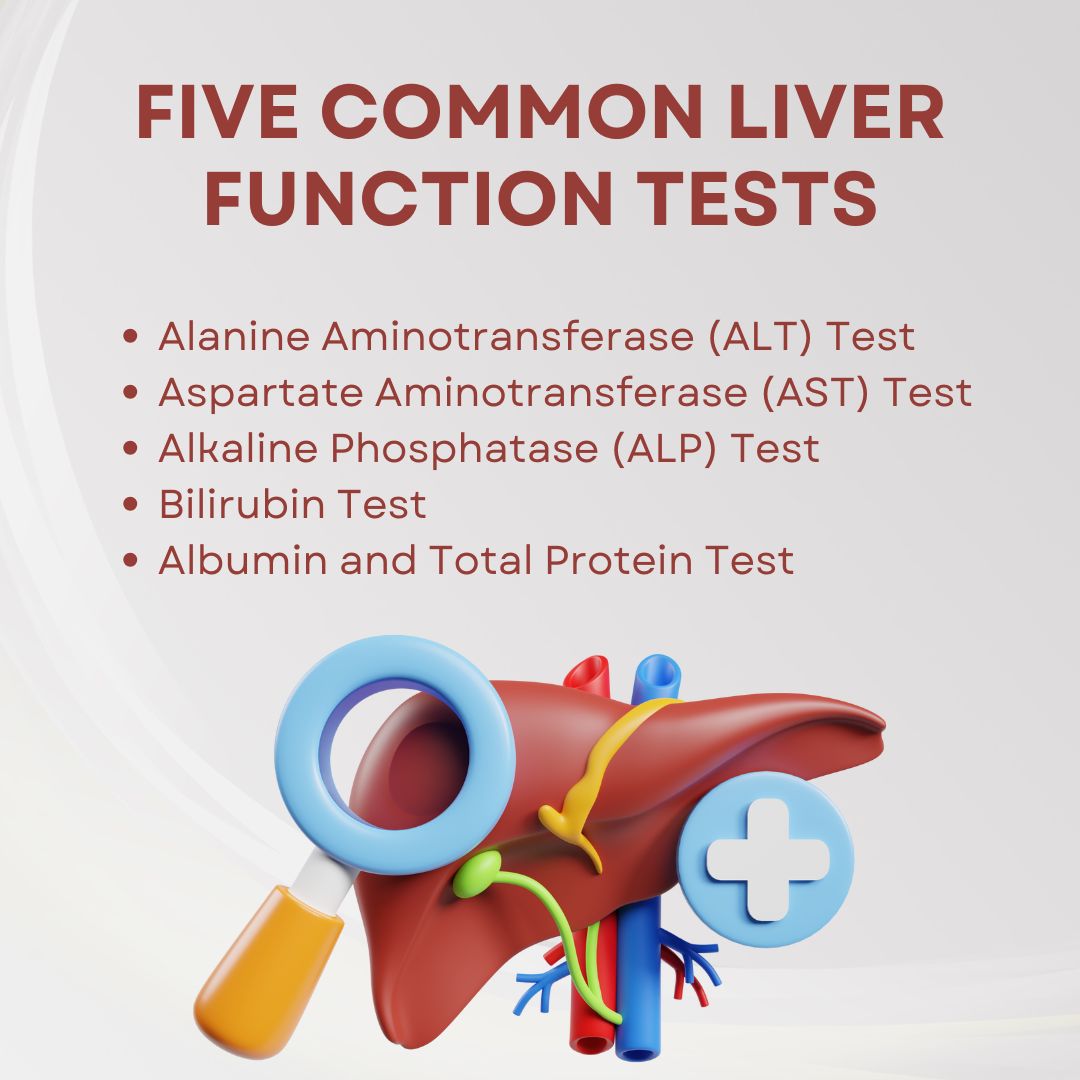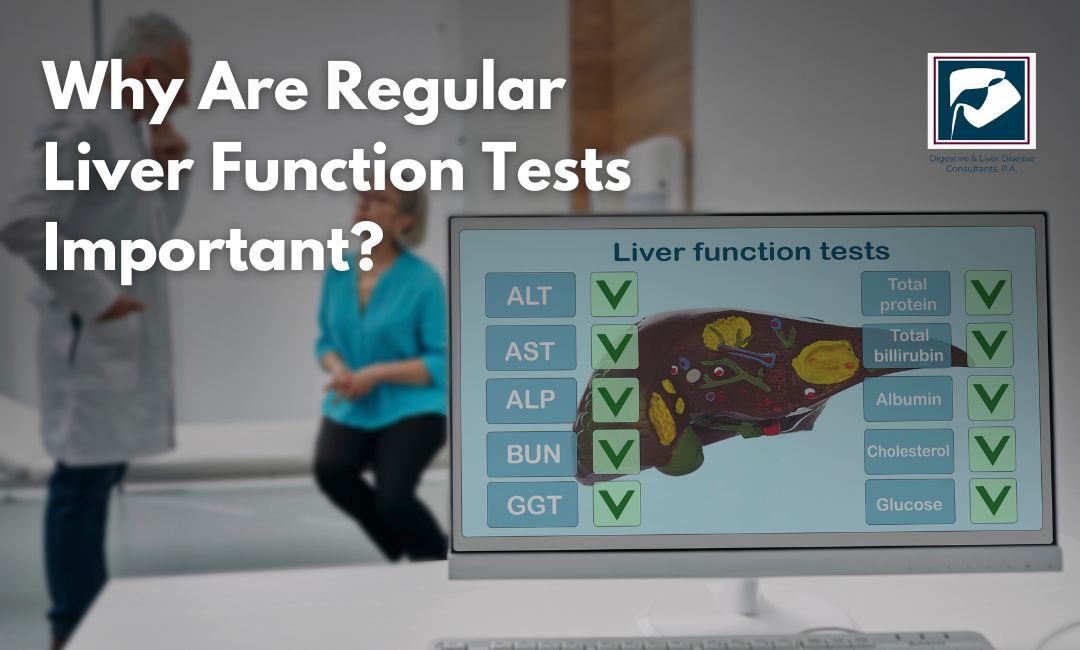The liver is one of the hardest-working organs in the body. It processes nutrients, removes toxins, produces bile for digestion, and supports your immune system. Despite its vital role, the liver often goes unnoticed until a problem arises. Regular liver function tests (LFTs) are a simple and effective way to keep tabs on your liver's health and detect issues early.
What Are Liver Function Tests?
Liver function tests are blood tests that measure the levels of enzymes, proteins, and other substances in your blood. These tests evaluate how well your liver is functioning and help identify potential problems like inflammation, damage, or disease.
Some key components measured during an LFT include:
- Alanine aminotransferase (ALT): Elevated levels can indicate liver damage.
- Aspartate aminotransferase (AST): Another enzyme that signals liver health.
- Bilirubin: High levels may suggest bile flow issues or liver damage.
- Albumin and total protein: Low levels might indicate a liver disorder.
By analyzing these markers, your doctor can assess your liver's health and determine if further tests or treatments are needed.
Why Are Regular Liver Function Tests Important?
1. Early Detection of Liver Diseases
Liver diseases like fatty liver, hepatitis, and cirrhosis often develop silently, with no obvious symptoms in their early stages. Regular liver function tests can catch these conditions before they become severe, giving you the opportunity to seek timely treatment.
2. Monitoring Chronic Conditions
If you have a chronic condition such as diabetes, obesity, or high cholesterol, your liver could be at risk. Regular LFTs help monitor the impact of these conditions on your liver and ensure that any potential damage is addressed promptly.
3. Tracking Medication Effects
Certain medications, including pain relievers, antibiotics, and cholesterol-lowering drugs, can strain the liver over time. Regular testing helps ensure your liver can handle the medications you’re taking, allowing adjustments if necessary.
4. Preventing Complications
Unchecked liver problems can lead to serious complications, including liver failure or liver cancer. Early detection through LFTs allows for lifestyle changes, medications, or other interventions to prevent irreversible damage.

Who Should Get Liver Function Tests?
While anyone can benefit from periodic testing, certain groups are at a higher risk and should prioritize regular LFTs:
- Individuals with a history of liver disease
- People who consume alcohol frequently
- Individuals with obesity or metabolic syndrome
- Those with a family history of liver problems
- Patients taking long-term medications
- People with viral hepatitis (Hepatitis B or C)
If you fall into any of these categories, discussing liver testing with your doctor is a smart step toward safeguarding your health.
Preparing for a Liver Function Test
The process is simple and requires minimal preparation. Your doctor may ask you to avoid eating or drinking for a few hours before the test. This ensures accurate results. The test itself involves drawing a small blood sample, which is then analyzed in a laboratory.
What Happens if Your Test Results Are Abnormal?
Abnormal results don’t always mean you have a serious problem. They could be influenced by temporary conditions like dehydration or certain medications. However, they can also signal issues like:
- Fatty liver disease
- Viral hepatitis
- Cirrhosis
- Alcohol-related liver damage
If your results are outside the normal range, your doctor will recommend further tests, imaging studies, or lifestyle changes to manage the issue.
Maintaining a Healthy Liver
While regular testing is crucial, adopting liver-friendly habits can also make a significant difference:
Eat a balanced diet: Include plenty of fruits, vegetables, and lean proteins. Avoid excessive sugar and unhealthy fats.
Limit alcohol consumption: Too much alcohol is a major cause of liver damage.
Stay active: Regular exercise helps reduce fat buildup in the liver.
Stay hydrated: Proper hydration supports overall liver function.
Avoid unnecessary medications: Use medications only as prescribed and avoid self-medicating.
Treatments Available at DLDC
At DLDC (Digestive & Liver Disease Consultants, P.A.), we specialize in comprehensive liver care. From routine liver function tests to advanced treatments for chronic liver conditions, our experienced team provides personalized care tailored to your needs. Using the latest diagnostic tools and treatment options, we ensure that you receive the best possible care for your liver health.
Don’t Ignore the Signs
If you experience symptoms like fatigue, jaundice (yellowing of the skin and eyes), abdominal pain, or unexplained weight loss, don’t wait. These could be signs of a liver problem requiring immediate attention.
Conclusion
Regular liver function tests are a proactive way to protect your liver health and overall well-being. They’re quick, simple, and offer invaluable insights into one of your body’s most vital organs.
If you’ve been delaying a liver check-up, now is the time to act. Schedule your liver function test with DLDC today.






